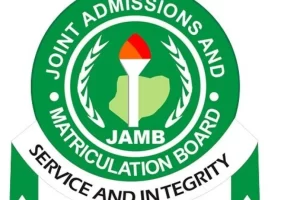Emmanuel Addeh
All eyes are now on the Organisation of Petroleum Exporting Countries (OPEC) as the production cuts it embarked upon in 2020 is set to expire in August, amid pressure from the United States to ramp up supply.
By then the full quantity would have been rolled back and delegates from the 23-nation OPEC+ coalition say they are now grappling with what comes next.
President Joe Biden is likely during his visit to Saudi Arabia, OPEC’s de facto leader in July, press on the oil producer to move beyond their August production levels and announce further increases to help cool oil prices that are above $110 a barrel, Bloomberg reported.
Saudi Arabia has been walking a fine line between heeding the requests from its long-time but somewhat estranged American ally, and the joint architect of the alliance that rescued oil prices from their worst slump in history – Russia.
In theory, the accelerated timetable for OPEC+ increases adds up to 648,000 barrels a day in each of those months. But the figure is largely symbolic, with most members of the group unable to increase production further.
Once they reach the targets specified for August by the current agreement, the Saudis and the UAE will have roughly another 2.2 million daily barrels of unused output to deploy, data from the International Energy Agency in Paris show.
That’s about 2 per cent of global supply, and with soaring prices threatening to tip the global economy into recession, plus sanctions on OPEC+ member Russia stoking further turmoil, consumers will welcome any relief they can get.
“There might be some Saudi nod in the direction of releasing more oil, but there’s the realisation that there’s a limit now to what they can do,” said Bill Farren-Price, a director at Enverus Intelligence Research.
However, THISDAY can report that the decision to extend or halt the micro-management of supply may no longer be under the headship of Nigeria’s Sanusi Barkindo, who is expected to step down from the position at the end of July, having spent tow terms.




















Add Comment